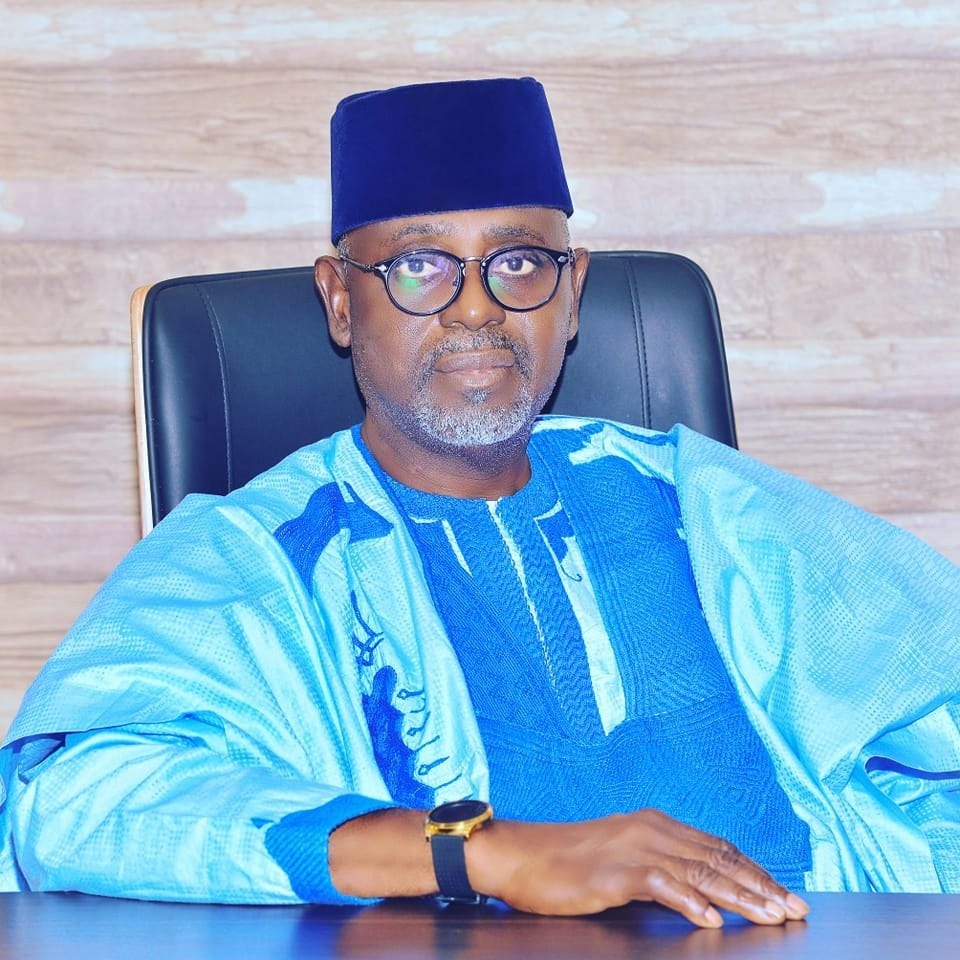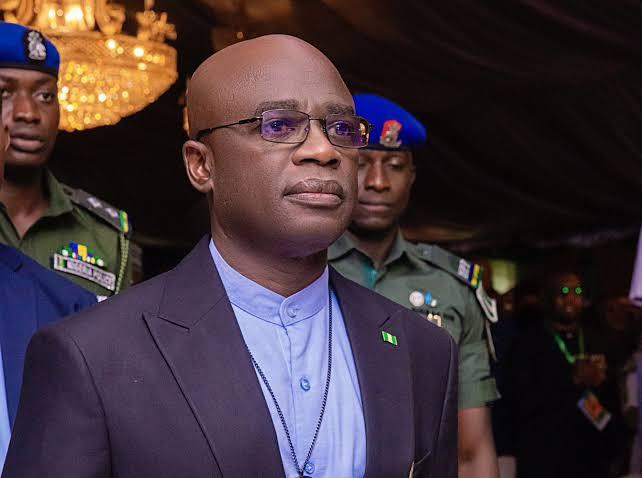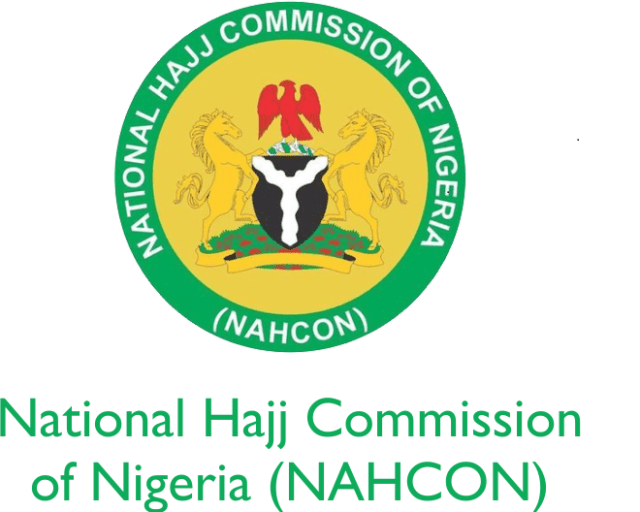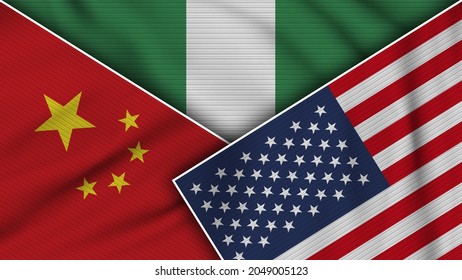The Paradox of Nigerian Morality: Why We Are Where We Are
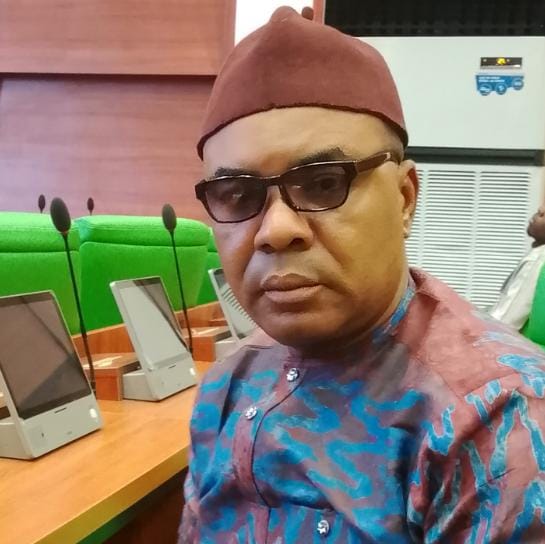
By George Ozalla
It is rather unfortunate that in Nigeria of today, a peculiar phenomenon has obviously taken root, where individuals who report crimes are often perceived as more evil than the perpetrators themselves. This warped moral compass is a veritable contributor to the country’s endless woes. Most Nigerians tend to naively and in some cases mischievously advocate for forgiveness without first considering the importance of justice. However, many do not realize that mercy, restitution and justice are intertwined; thus without justice and restitution, mercy loses its value. It is not arguable that nothing encourages crime and criminality like the hope of escaping both judgement and punishment!
There is an example below that illustrates this point, a disturbing account of a whistleblower who reported a high-profile corruption case involving a government official. Instead of being hailed as a good citizen, the whistleblower was vilified and ostracized by the community, while the corrupt official continued to wield influence and power. This anecdote spotlights the societal problem that perpetuates corruption and crime.
Revered late Nelson Mandela aptly put it, “Overcoming poverty is not a gesture of charity, it is an act of justice.” In the context of Nigeria’s struggles, this quote underscores the need for accountability and justice to pave the way for true progress and national development. When individuals can commit crimes without facing consequences, it creates a culture of impunity that breeds further crime, corruption and lawlessness.
The culture of impunity in Nigeria allows hardened serial offenders to bribe or wriggle their way out of trouble, while law enforcement agents are often taken for a ride. This “anything goes” attitude has severe consequences, and it is time for Nigerians to reexamine their corporate morality. When courageous citizens are readily alert, knows their rights and duties, they stand better chance to hold government officials and private citizens accountable, Nigeria can begin to overcome the vestiges of evil that hinder its collective progress.
Interestingly, even Jesus Christ of Nazareth, known for his message of love and peace, had to use a whip to drive out erring folks from the temple, emphasizing the need for correction and genuine repentance. This raises questions about the most effective ways to deal with hardened offenders who show no remorse for their actions. While physical punishment may not be a viable or legal solution in many cases, it is clear that more stringent measures may be necessary to hold such individuals accountable.
One major issue is the tendency to downplay deliberate acts of corruption and any form of wicked act, which stretches to other diverse deeper harsh everyday realities because of sentiments and emotions. Nigerians often prioritize self-interest over the greater good, and this has contributed to the country’s current state. The lack of accountability and transparency has led to widespread corruption, poverty, and underdevelopment. Sometimes, we preach peace while harboring warships and dangerous missiles in our hearts, symbolizing the contradictions in our values and actions.
It is also worth noting that the politicians and other influential individuals we condemn and vilify did not fall from the sky; they are products of our society, reflecting our values and priorities. Some of those condemning them may do so not out of a genuine sense of moral outrage, but because they have not had the opportunity to benefit from the same awful system themselves. This hypocrisy points to the urgent need for introspection and collective responsibility.
The obvious evil we tend to downplay today will definitely likely magnet another bigger one tomorrow. To change this narrative, Nigerians must recognize the importance to imbibe the spirit of justice, accountability, morality, rationality and where needs be, legality. This can definitely be achievable through promotion of a culture of sustainable transparency and accountability, where individuals and government officials are fully held responsible for their actions. When we collectively resolve to do this, Nigeria can begin to overcome the challenges that have held it back for so long.
It is ironic that many individuals from the media, civil society organizations, faith-based organizations, organized trade unions, and even ordinary citizens, when given the opportunity to assume positions of authority or leadership, tend to perform woefully and often end up worse than those they previously criticized.
READ ALSO: FG Weighs N3.6 Trillion Bill for Third Mainland Bridge Overhaul
FG Rescues 11 Stranded Nigerian Miners from Central African Republic
The question remains: why are we where we are? The answer lies in our collective failure to prioritize justice, accountability, and morality. Not until we address these fundamental issues, Nigeria will continue to struggle to reach its full potential. It is time for a change; a change that starts with individual consciences and ripples out to shape a better future for the nation.
Nigerians can create a brighter future for themselves and future generations. This also requires a collective effort to challenge the status quo and demand better from our leaders and indeed, ourselves. Only then can we truly say that we are moving in the right direction.
Publisher and Editor-in-Chief of NEWSCOUNT

